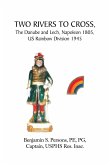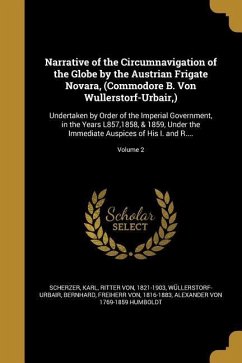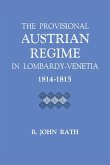F. Loraine Petre was one of our foremost military historians, specialising in the Napoleonic Wars. In this, among his most respected works, he analyses one of Napoleon's hardest-fought campaigns that of the Danube valley in 1809, in which the Emperor was lucky to emerge victorious, and then only after a desperate struggle with an Austrian army led by an able and determined opponent. That man, perhaps surprisingly, was a blue-blooded Habsburg Archduke - a dynasty not noted for its military achievements. But Archduke Charles was the exception that proves the rule. A veteran of campaigns against the French in the Low Countries and Italy, he had personally reorganised the Austrian army after the disastrous defeat of Austerlitz in 1805, making it into a far more efficient fighting machine. Napoleon, backed by two of his ablest Marshals, Lannes and Davout, defeated the Austrians in three minor engagements but was then roundly beaten by Charles on the banks of the Danube outside Vienna at the great battle of Essling-Aspern, in which Lannes was killed. Napoleon finally triumphed at the bloody battle of Wagram, a Pyrhrric victory after which Charles was prematurely dismissed and the Austrians concluded a peace with the Emperor at Schonbunn.








